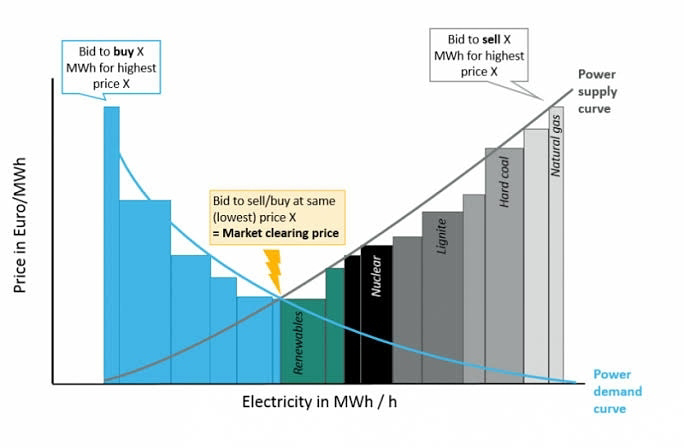How often is investment consumption insensitive to interest rates in Nigeria?

Business | Key Insight Nigeria's monetary policy falls short in addressing loan access challenges. Despite a 48.3% YoY surge in money supply to N107.7 trillion, interest rates remain unsustainable for many Nigerians, fueling economic inequities. The insensitivity of investment consumption to interest rates in Nigeria has surpassed the term 'alarming.' The Vanguard newspaper, on December 12, 2024, in its business outlet, drew attention to the fact that Nigeria’s broad Money Supply (M²) increased by 48.3 percent year-on-year (YoY) to N107.7 trillion in October 2024, from N72.6 trillion in the corresponding period of 2023. Yet, numerous Nigerians still face challenges in accessing loans and other credit facilities at sustainable interest rates. Nigeria’s inflation rate surged to 33.88% in October 2024, up from 32.70% in September, according to the Consumer Product Index report released by the National Bureau of Statistics, sourced from The Punch newspaper report o...





